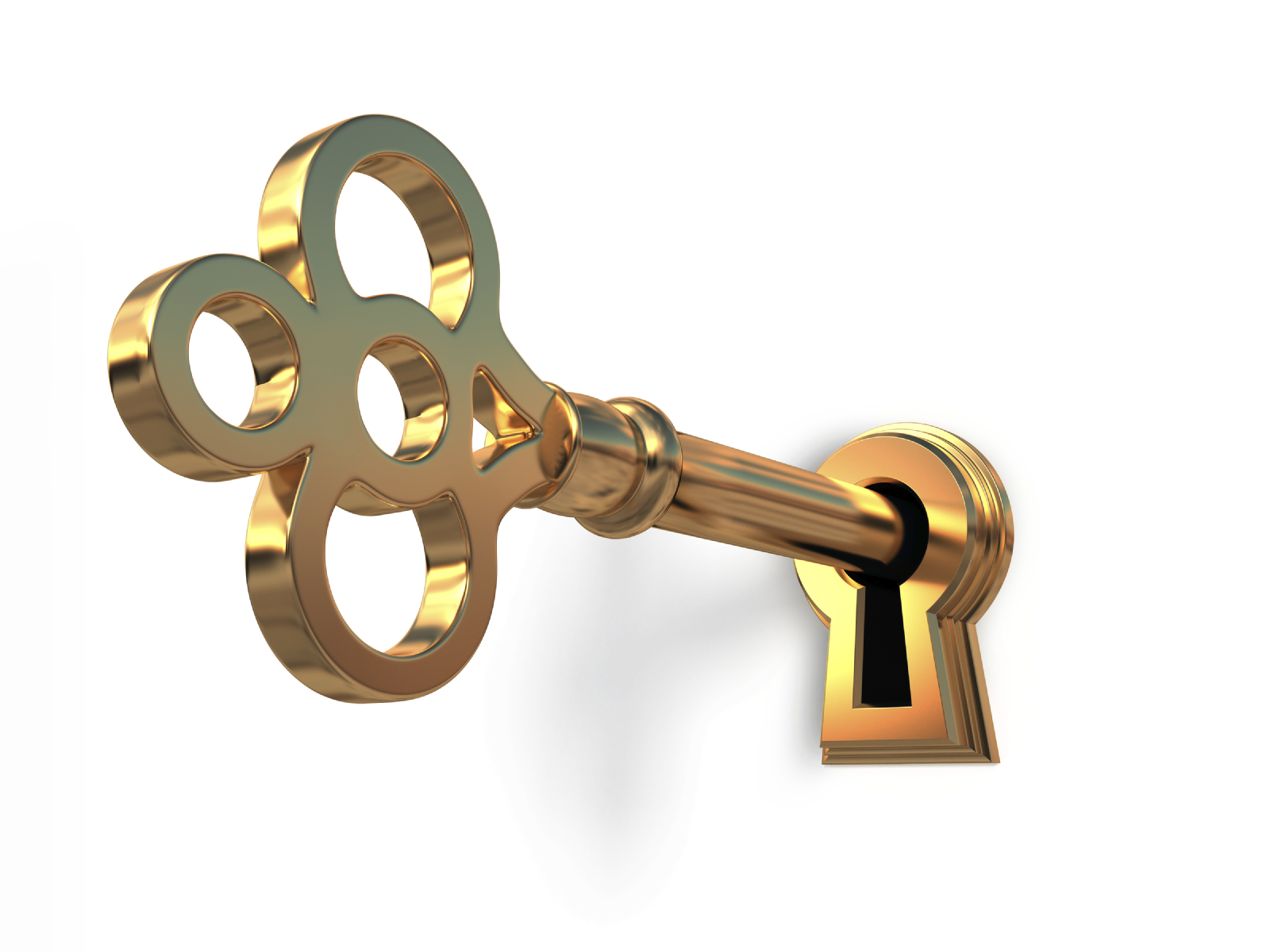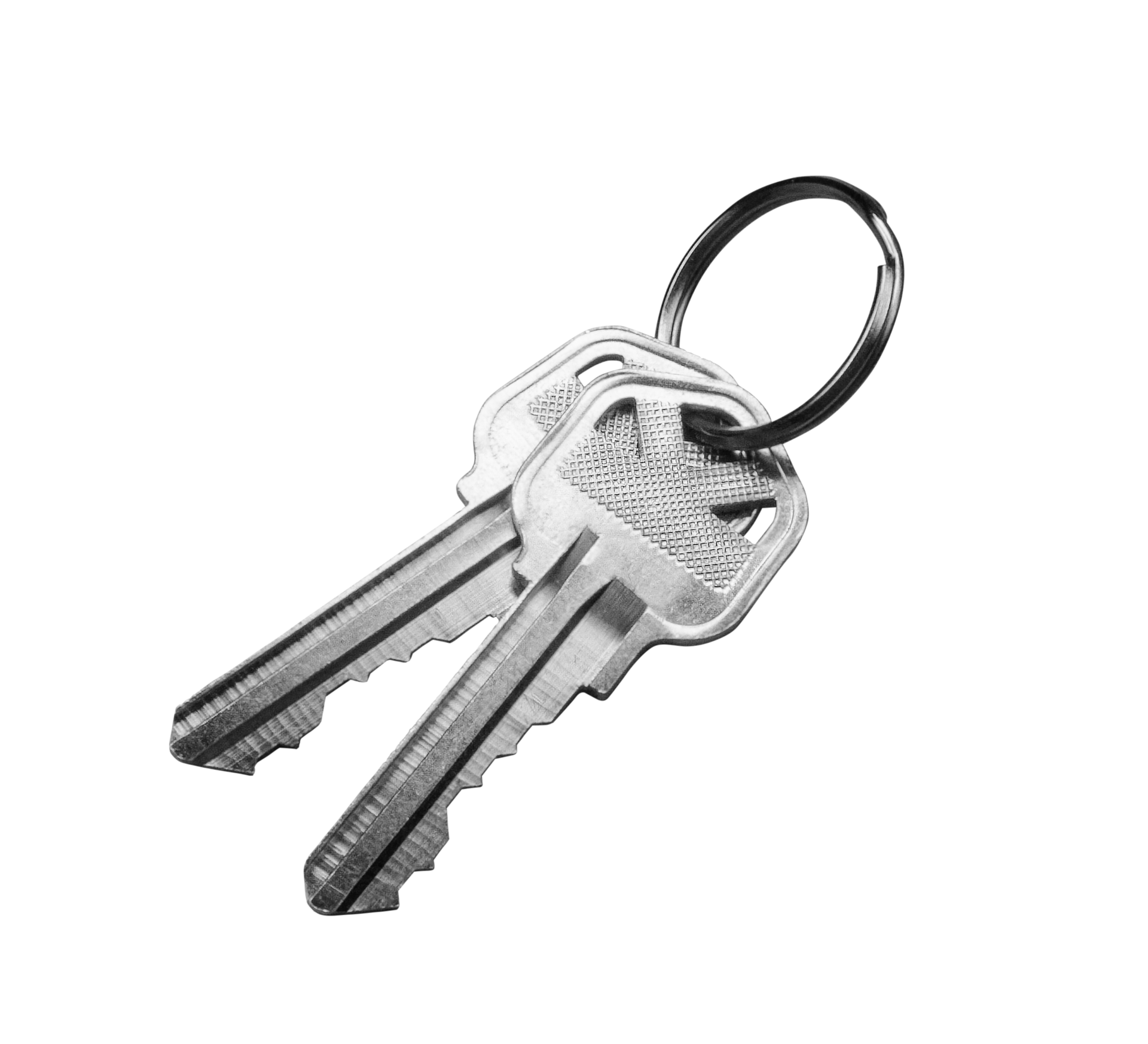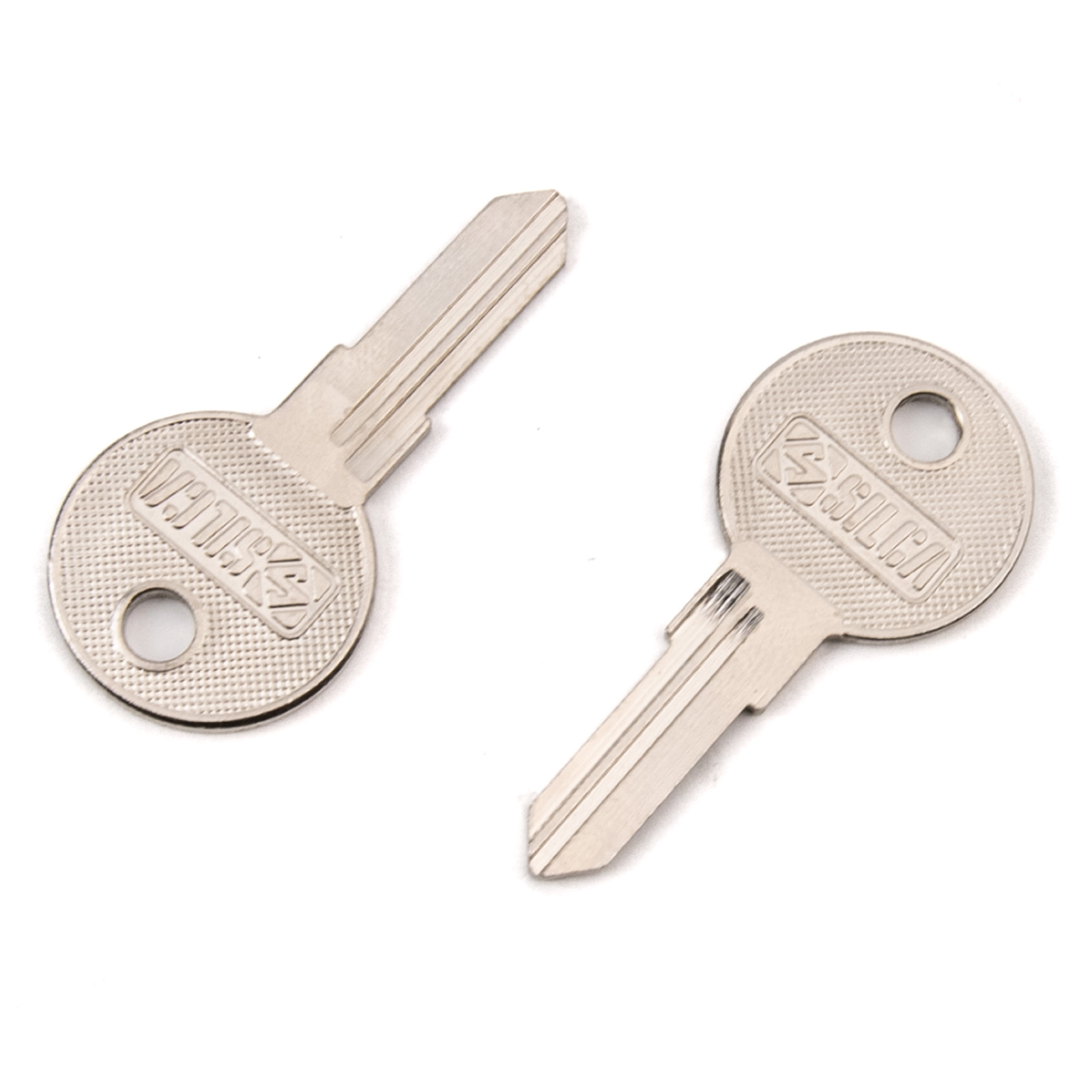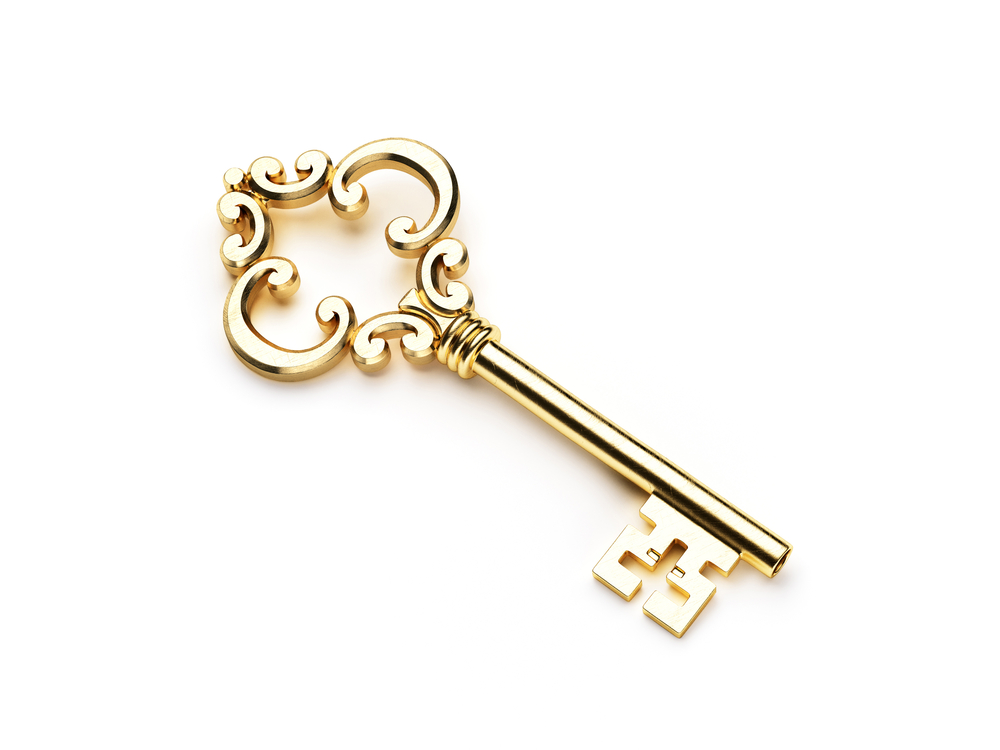Key Fob Door Lock vs. Traditional Locks: Which is Right for You?
In an age where technology governs almost every aspect of our lives, it’s no surprise that even the way we secure our homes is evolving. Traditional locks, while reliable, are being increasingly challenged by modern key fob door locks. This article will explore the differences, advantages, and disadvantages of both systems, helping you make an informed decision about which is best for your needs.
Understanding Traditional Locks

Traditional locks have been the standard for securing doors for centuries. They work through a simple mechanical system that requires a physical key to operate. When inserted into the lock, the key aligns pins within the lock cylinder, allowing it to turn and unlock the door.
Advantages of Traditional Locks

- Familiarity: Most people are accustomed to using traditional locks, making them simple and easy to use.
- Low Cost: Traditional locks are generally less expensive than their electronic counterparts, both in terms of initial investment and installation.
- Reliability: Mechanical systems are less vulnerable to hacking and electronic failures, ensuring consistent performance.
- Variety: There are numerous options available, including deadbolts, knob locks, and padlocks, catering to different security needs.
Disadvantages of Traditional Locks
- Key Management: Losing a key can compromise security, and replacing or re-keying locks can be a hassle.
- Physical Wear and Tear: Mechanical locks can wear out over time, leading to issues with functionality.
- Limited Access Control: Traditional locks don’t offer features like time-based access or remote entry.
The Rise of Key Fob Door Locks
Key fob door locks represent a shift towards electronic security systems. Instead of a physical key, these locks utilize a key fob or mobile app to gain entry. The fob typically uses RFID (Radio-Frequency Identification) technology, allowing users to unlock doors with a simple tap.
Advantages of Key Fob Door Locks
- Convenience: Users can unlock doors without fumbling for keys, making entry quicker and easier.
- Advanced Security Features: Many key fob systems offer features such as remote locking and unlocking, temporary access codes, and activity logs.
- Keyless Entry: No need to worry about losing keys; access is controlled digitally.
- Integration with Smart Home Systems: Key fob locks can often be integrated with other smart home devices for enhanced security and convenience.
Disadvantages of Key Fob Door Locks

- Cost: Key fob locks tend to be more expensive, both for the lock itself and installation.
- Vulnerability to Hacking: Electronic systems can be susceptible to cyberattacks or technical failures.
- Battery Dependence: Many key fob locks rely on batteries, which can die unexpectedly if not regularly maintained.
- Learning Curve: Some users may find electronic locks less intuitive than traditional systems, particularly the elderly or less tech-savvy individuals.
Comparative Analysis: Security, Cost, and Convenience
When choosing between key fob door locks and traditional locks, several factors come into play. Here’s a comparative analysis based on security, cost, and convenience.
Security
Security is often the most critical consideration when choosing a locking system. Traditional locks can be vulnerable to lock picking and bumping, but they are not susceptible to electronic hacks. In contrast, while key fob locks offer advanced security features, they can be hacked if proper precautions are not taken.
Cost

In general, traditional locks are more affordable but require costs for re-keying and replacement over time. Key fob locks have a higher initial cost but may save money in the long run by eliminating the need for physical key replacements and offering more robust security features.
Convenience
Key fob locks are typically more convenient, allowing for easier access and remote control. Traditional locks require physical keys, which can be inconvenient if lost. However, they do not require batteries or electronic maintenance.
Case Studies: Real-World Applications
Let’s look at two real-world examples that illustrate the differences between key fob door locks and traditional locks.
Case Study 1: A Family Home with Traditional Locks
The Smith family chose to install traditional locks in their suburban home. They appreciated the simplicity and reliability of the locks. However, after losing a key during a family outing, they had to incur costs for re-keying their locks. They realized that while traditional locks offered reliability, they lacked the flexibility and advanced features they desired for their growing family.
Case Study 2: A Tech Startup with Key Fob Locks
A tech startup decided to install key fob door locks in their office to streamline access for employees and visitors. The ability to grant temporary access codes for deliveries and maintenance staff significantly improved their operational efficiency. However, they faced challenges when a battery died unexpectedly, leaving employees locked out. They learned the importance of regular maintenance and battery checks.
Making the Right Choice for Your Needs

Choosing between key fob door locks and traditional locks ultimately depends on your specific needs and lifestyle. Here are some considerations to help you decide:
- Budget: If you’re on a tight budget, traditional locks may be the best option.
- Tech Savviness: If you and your family are comfortable with technology, key fob locks may offer the convenience and features you desire.
- Security Needs: Consider the level of security you require. If you live in a high-crime area, investing in advanced key fob technology may be worthwhile.
- Maintenance Willingness: Are you prepared to regularly check batteries and maintain an electronic system? If not, traditional locks may be a better fit.
Both key fob door locks and traditional locks have their unique advantages and disadvantages. Traditional locks offer familiarity, lower costs, and reliability, while key fob locks bring convenience, advanced security features, and integration with smart home systems. Your choice should be guided by your budget, lifestyle, and security needs. Ultimately, whether you opt for the tried-and-true method of traditional locks or the cutting-edge technology of key fob systems, the most important thing is to ensure your home is secure and accessible to you and your loved ones.



